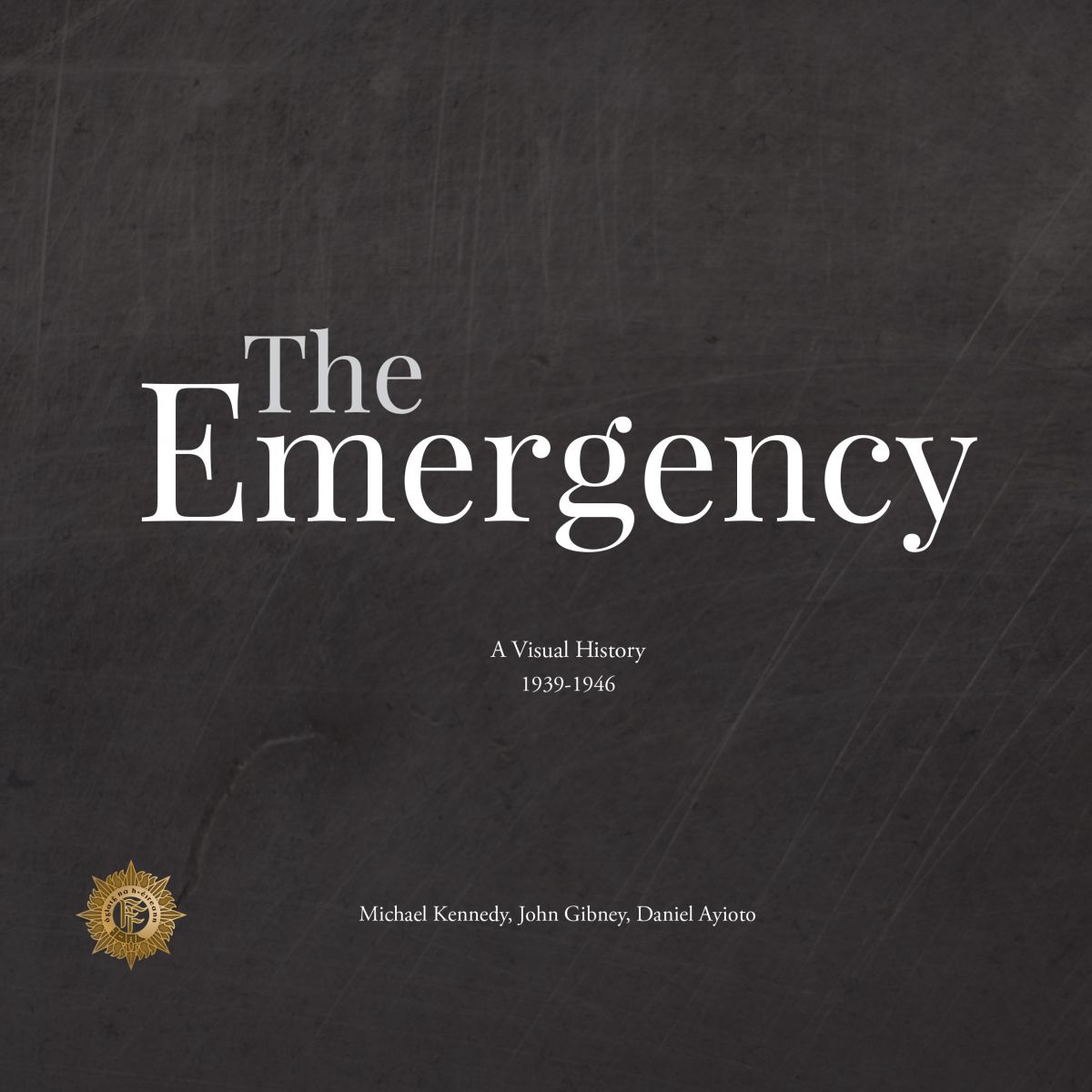You are viewing your 1 free article this month. Login to read more articles.
Wordwell makes its mark in Ireland’s ever-growing history sector
Home-grown history publishing matters in Ireland. According to Nielsen BookScan, the history market chalked up a 3% rise to just over €5m last year, of which local and Irish-interest history has a robust share: 48% of BookScan Ireland’s overall history revenue came from the Regional History and Local History, Names & Genealogy sub-categories.
Stepping into this burgeoning sector is a new player. Or rather, an older player taking a new path in the form of Eastwood Books, a local and general history trade imprint from the Wordwell Group. Wordwell was founded by husband-and- wife team Nick Maxwell and Una MacConville in 1986, and publishes archaeology and history books plus the well-respected magazines Archaeology Ireland, History Ireland and Books Ireland. The Eastwood list, which launches in September, will be driven by new Wordwell m.d. Ronan Colgan—the former The History Press Ireland boss and 2017/18 Publishing Ireland president, who came aboard in February after Maxwell decided to step back to become chair of the board. (MacConville remains director of the group, with particular responsibilities for Books Ireland and Archaeology Ireland.)
Colgan says: “Wordwell has this wonderful audience through History Ireland and Archaeology Ireland. But in our book publishing, we have been doing far more on the archaeology side. When I started, I thought we had a really great chance to tap into that community we have—both in the readership and writers—and launch a strong trade history list.”
Eastwood aims to publish 15 to 20 titles a year, with a roughly 50/50 split between general and local. The four-strong launch list this autumn has two from the local side: histories of Kilkenny and the County Sligo coastal town of Strandhill. The general history duo are Jon Connell’s Shadow War, which looks at the secret negotiations between the Irish Provisional Government chairman Michael Collins and the British government during the Irish War of Independence; and The Emergency, Michael Kennedy and John Gibney’s photographic history of Ireland during the Second World War, taken from the Irish Military Archives (Ireland declared a state of emergency for the duration of its wartime neutrality).


Local history is a fascinating, perhaps unsung market for Colgan: “The books tend to sell very well locally, of course, but also in Dublin. The print runs are low, but the titles backlist really well—partially because you have new people coming into an area and the books can sort of refresh themselves. A good local history title can sell consistently for 10 to 15 years.”
He admits that some parts of the local history market “can seem old fashioned and aimed at an older market, but they needn’t be. You can make the books with strong design and make them image-led, to appeal to a younger market.”
Incidentally, the new imprint’s name has no “Dirty Harry” Hollywood connections; its roots are in local history. Colgan and the team had actually been mulling launching two imprints and down the road from the Wordwell offices sit Eastwood and Westerton, two identical houses built in the 1870s on the property of a wealthy landowner for his two feuding daughters, which were designed and angled so that it is impossible to see one house if you are in the other.
The overall Wordwell group is flourishing at the moment, as is the broader market. Colgan says: “Irish publishing feels healthier than it has ever been. Book sales are up, there have been huge successes in fiction, non-fiction and children’s... but everyone has that one eye on October. We hope Brexit won’t be too much of a shock to the UK economy—with its knock-on to ours. The Irish industry has been talking about it so long, we’ve all taken steps to do the things to help that are in our control, but much is out of our hands. Everyone feels like we are as prepared as we can be.”
This was written as part of The Bookseller's focus on publishing in Ireland; for more content from this focus, head here.










